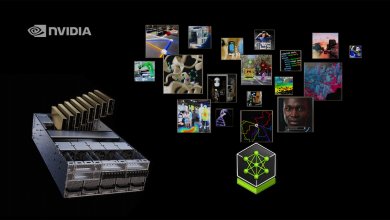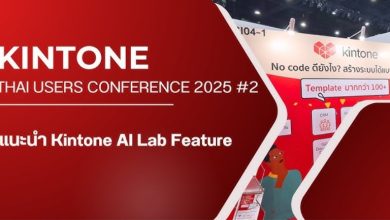The AI Revolution in Travel: Personalisation, Efficiency, and Empowered Workforces by 2025

By Whitnee Hawthorne, Global Head of Travel & Hospitality at Snowflake
AI will create unprecedented personalisation opportunities in travel
In 2025, AI-driven personalisation will unlock massive revenue potential in the travel industry by recognising and responding to travellers’ multiple personas. The same traveller wanting budget-friendly family options one week will happily pay premium prices for a business trip the next. This personalisation will extend throughout the entire journey, from initial planning to real-time adjustments during travel. While many travel companies are already using AI for basic personalisation, the next few years will bring more sophisticated, context-aware systems that understand not just who you are, but why you’re traveling. The key differentiator won’t just be having AI – it will be using it to understand and monetise the nuances of each traveller’s journey. Companies will also need to carefully balance this personalisation with privacy concerns, ensuring travellers feel valued rather than surveilled.
AI will streamline operations and enhance disruption management
The travel industry loses billions annually to disruptions. In 2025, Travel companies will increasingly leverage AI to optimise their operations, particularly in managing disruptions and workforce planning to turn potential crises into opportunities for customer loyalty. AI systems will help predict when to hold flights for connecting passengers, optimise staffing levels based on demand patterns, and automate rebooking during disruptions. These capabilities will become especially valuable as the industry continues to face labour challenges and capacity constraints. Rather than replacing human workers, AI tools will augment their capabilities, helping them make more informed decisions and respond more quickly to changes. The focus will be on using AI to reduce costs while simultaneously improving the customer experience.
Data collaboration will enable more seamless travel experiences
In 2025, we will see increased data collaboration across the travel ecosystem, enabled by secure data sharing technologies. Airlines, hotels, and other travel providers will share relevant data in privacy-compliant ways to create more connected experiences. This could allow for automatic adjustments across an entire journey—if a flight is delayed, for example, the hotel and car rental company will automatically adjust their reservations accordingly. While technical and privacy challenges exist, the potential benefits of such collaboration will drive adoption. Companies that successfully participate in these data-sharing ecosystems will be better positioned to deliver the seamless, responsive experiences that travellers increasingly expect.
AI will expand its impact across workforce and revenue management
In 2025, AI will increasingly become a critical tool in managing core travel and hospitality functions like workforce management and revenue optimisation. Airlines, hotels, and other travel providers will leverage AI to dynamically forecast demand, optimise staffing schedules, and automate pricing adjustments in real-time. For example, workforce management systems powered by AI will predict peak periods and schedule staff accordingly, reducing labour costs while maintaining service quality. Similarly, AI will analyse vast datasets, including booking patterns, market trends, and customer preferences, to fine-tune revenue management strategies, ensuring maximum profitability and customer satisfaction. Though challenges remain in implementing these AI-driven solutions at scale, businesses that embrace this shift will gain a competitive edge by streamlining operations and enhancing the guest experience through intelligent, responsive decision-making.
AI will become a key tool for empowering employees
AI will increasingly move beyond customer-facing applications to become a valuable resource for employees across the travel and hospitality industry. AI-powered tools will assist frontline staff, customer support teams, and management by streamlining workflows, offering actionable insights, and enhancing decision-making. For example, AI could provide real-time recommendations to hotel staff on upselling opportunities or personalised guest preferences, enabling them to deliver a superior customer experience. Similarly, airline gate agents might use AI to dynamically assess seating configurations or manage last-minute rebookings for disrupted travellers more effectively. AI will also play a role in upskilling employees, offering personalised training programs based on their unique learning styles and career paths. By automating repetitive tasks and enhancing employee capabilities, AI will not only improve operational efficiency but also increase job satisfaction and retention, allowing employees to focus on higher-value, guest-focused activities. This shift will help businesses create a more engaged, productive workforce and drive overall performance.




